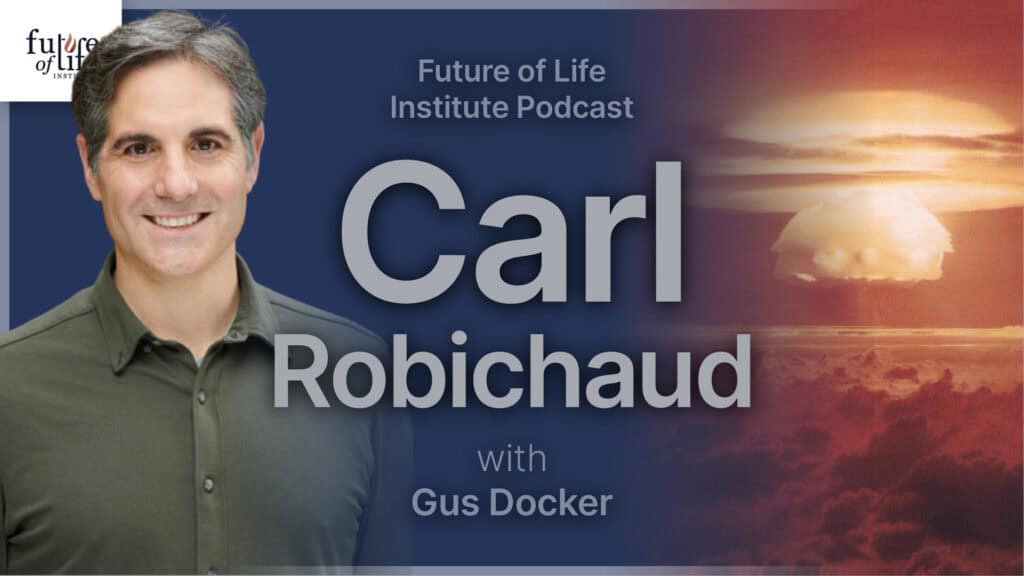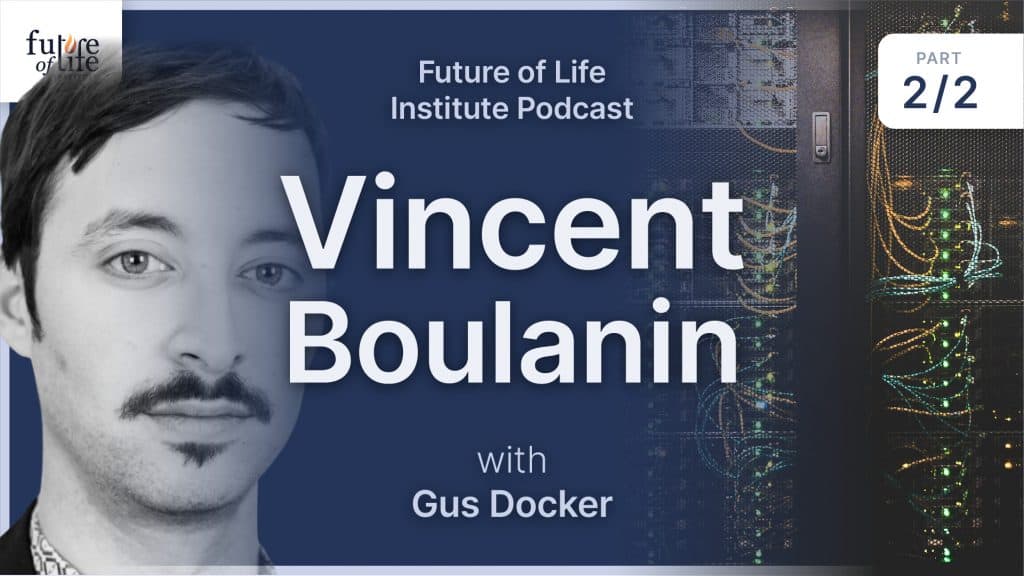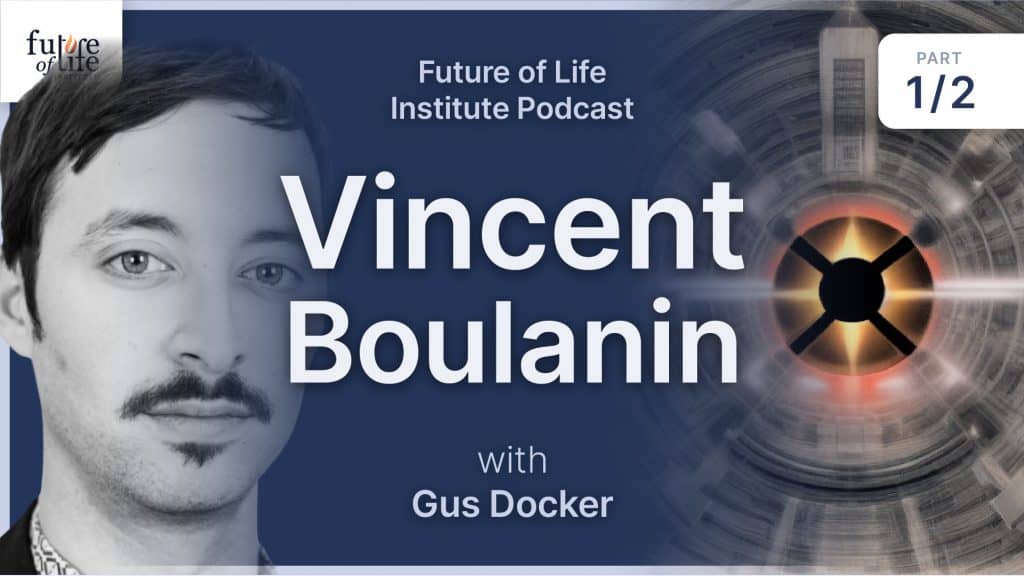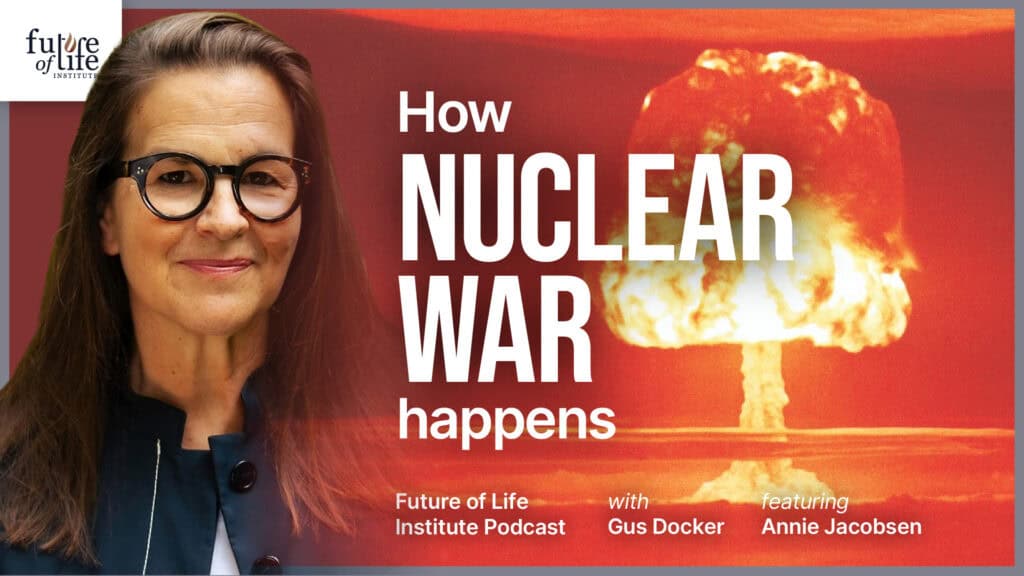Hawking, Higgs and Over 3,000 Other Scientists Support UN Nuclear Ban Negotiations
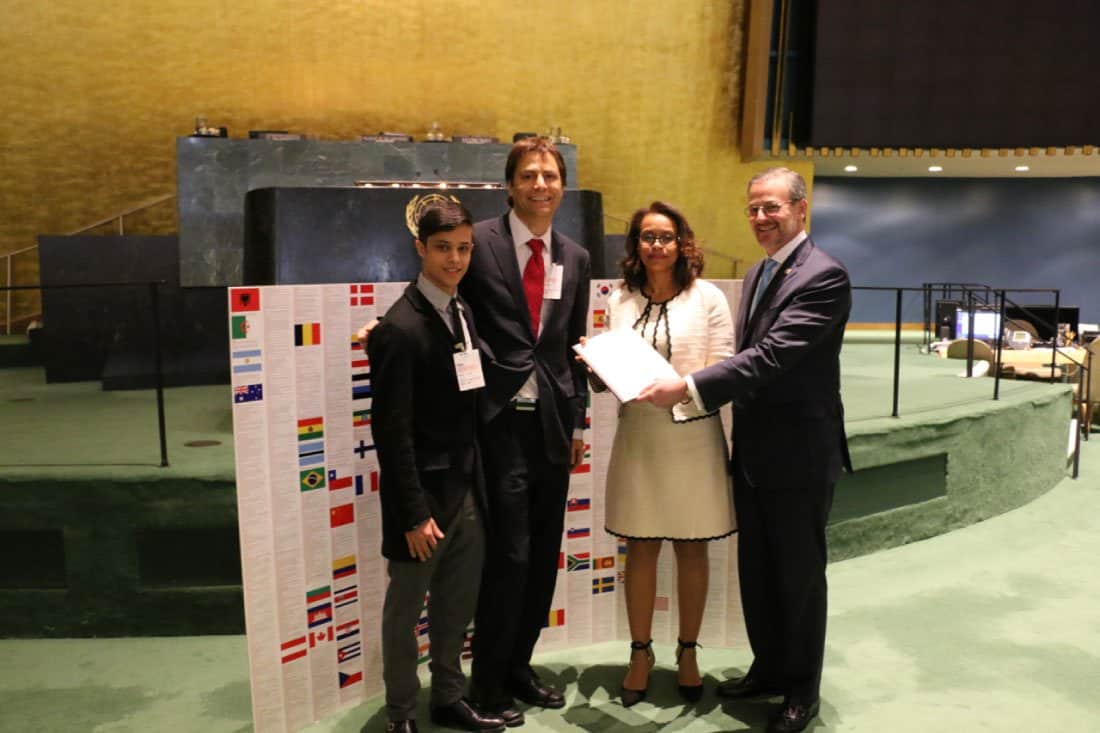
Contents
Click here to see this page in other languages: Chinese ![]() German
German![]()
Delegates from most UN member states are gathering in New York to negotiate a nuclear weapons ban, where they will also receive a letter of support that has been signed by thousands of scientists from around over 80 countries – including 28 Nobel Laureates and a former US Secretary of Defense. “Scientists bear a special responsibility for nuclear weapons, since it was scientists who invented them and discovered that their effects are even more horrific than first thought”, the letter explains.
The letter was delivered at a ceremony at 1pm on Monday March 27 in the UN General Assembly Hall to Her Excellency Ms. Elayne Whyte Gómez from Costa Rica, who is presiding over the negotiations.
Despite all the attention to nuclear terrorism and nuclear rogue states, one of the greatest threats from nuclear weapons has always been mishaps and accidents among the established nuclear nations. With political tensions and instability increasing, this threat is growing to alarming levels: “The probability of a nuclear calamity is higher today, I believe, that it was during the cold war,” according to former U.S. Secretary of Defense William J. Perry, who signed the letter.
“Nuclear weapons represent one of the biggest threats to our civilization. With the unpredictability of the current world situation, it is more important than ever to get negotiations about a ban on nuclear weapons on track, and to make these negotiations a truly global effort,” says neuroscience professor Edvard Moser from Norway, 2014 Nobel Laureate in Physiology/Medicine.
Professor Wolfgang Ketterle from MIT, 2001 Nobel Laureate in Physics, agrees: “I see nuclear weapons as a real threat to the human race and we need an international consensus to reduce this threat.”
Currently, the US and Russia have about 14,000 nuclear weapons combined, many on hair-trigger alert and ready to be launched on minutes notice, even though a Pentagon report argued that a few hundred would suffice for rock-solid deterrence. Yet rather than trim their excess arsenals, the superpowers plan massive investments to replace their nuclear weapons by new destabilizing ones that are more lethal for a first strike attack.
“Unlike many of the world’s leaders I care deeply about the future of my grandchildren. Even the remote possibility of a nuclear war presents an unconscionable threat to their welfare. We must find a way to eliminate nuclear weapons,” says Sir Richard J. Roberts, 1993 Nobel Laureate in Physiology or Medicine.
“Most governments are frustrated that a small group of countries with a small fraction of the world’s population insist on retaining the right to ruin life on Earth for everyone else with nuclear weapons, ignoring their disarmament promises in the non-proliferation treaty”, says physics professor Max Tegmark from MIT, who helped organize the letter. “In South Africa, the minority in control of the unethical Apartheid system didn’t give it up spontaneously on their own initiative, but because they were pressured into doing so by the majority. Similarly, the minority in control of unethical nuclear weapons won’t give them up spontaneously on their own initiative, but only if they’re pressured into doing so by the majority of the world’s nations and citizens.”
The idea behind the proposed ban is to provide such pressure by stigmatizing nuclear weapons.
Beatrice Fihn, who helped launch the ban movement as Executive Director of the International Campaign to Abolish Nuclear Weapons, explains that such stigmatization made the landmine and cluster munitions bans succeed and can succeed again: “The market for landmines is pretty much extinct—nobody wants to produce them anymore because countries have banned and stigmatized them. Just a few years ago, the United States—who never signed the landmines treaty—announced that it’s basically complying with the treaty. If the world comes together in support of a nuclear ban, then nuclear weapons countries will likely follow suit, even if it doesn’t happen right away.”
Susi Snyder from from the Dutch “Don’t Bank on the Bomb” project explains:
“If you prohibit the production, possession, and use of these weapons and the assistance with doing those things, we’re setting a stage to also prohibit the financing of the weapons. And that’s one way that I believe the ban treaty is going to have a direct and concrete impact on the ongoing upgrades of existing nuclear arsenals, which are largely being carried out by private contractors.”
“Nuclear arms are the only weapons of mass destruction not yet prohibited by an international convention, even though they are the most destructive and indiscriminate weapons ever created”, the letter states, motivating a ban.
“The horror that happened at Hiroshima and Nagasaki should never be repeated. Nuclear weapons should be banned,” says Columbia University professor Martin Chalfie, 2008 Nobel Laureate in Chemistry.
Norwegian neuroscience professor May-Britt Moser, a 2014 Nobel Laureate in Physiology/Medicine, says, “In a world with increased aggression and decreasing diplomacy – the availability nuclear weapons is more dangerous than ever. Politicians are urged to ban nuclear weapons. The world today and future generations depend on that decision.”
The open letter: https://futureoflife.org/nuclear-open-letter/
About the Future of Life Institute
The Future of Life Institute (FLI) is a global think tank with a team of 20+ full-time staff operating across the US and Europe. FLI has been working to steer the development of transformative technologies towards benefitting life and away from extreme large-scale risks since its founding in 2014. Find out more about our mission or explore our work.
Related content
Other posts about FLI projects, Nuclear
